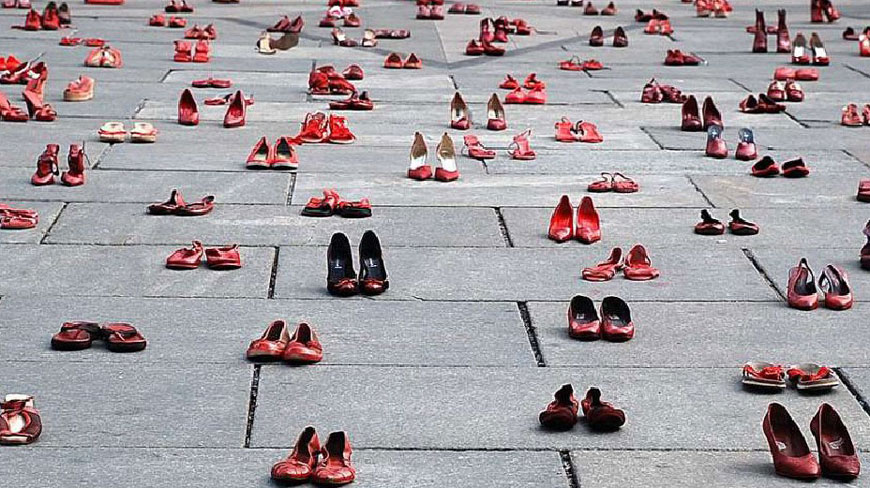“All women and girls have the right to live free from violence. Unfortunately, this is not the reality. One in three women has experienced physical or sexual violence – 22% at the hands of their partner. More than half of all women have been sexually harassed with 20% of young women reporting online sexual harassment”, said today Dunja Mijatović, Council of Europe Commissioner for Human Rights, ahead of the International Day for the Elimination of Violence against Women.
“In addition to these data provided by the EU Agency for Fundamental Rights, the UN estimates that 70% of domestic violence fatalities are women. In 2016, the number of women victims of homicide perpetrated by intimate partners or family members and relatives according to Eurostat was 238 in Germany, 146 in France, 67 in Spain, 45 in Hungary, 18 in Croatia, 16 in Finland, and 11 in Albania, for example.
Gender-based violence against women is a human rights violation and must be combated vigorously. The Council of Europe Convention on preventing and combating violence against women and domestic violence (“Istanbul Convention”) was drawn up with exactly this purpose in mind. It is the most comprehensive and far-reaching international treaty to address violence against women laying out state obligations to prevent violence, protect victims and prosecute the perpetrators. The Convention broke new ground in requiring states to criminalise a broad range of violence against women, including physical, sexual and psychological violence, stalking, sexual harassment, female genital mutilation and forced marriage. It is very encouraging that 33 countries out of 47 member states of the Council of Europe have already ratified the Istanbul Convention.
We should aim at ratification by all 47 member states of the Council of Europe. Scaling up our response to persisting violence against women is necessary. However, I am aware of growing efforts to sow confusion and spread false narratives about the Istanbul Convention to obstruct its ratification. The protagonists often focus on criticising the concept of “gender” and claim that the use of such a term in the Convention would lead to the “destruction of the family” or the “end of traditional values”. In reality, these attacks tend to reject gender equality itself and are aimed at reinforcing harmful stereotypes about women’s and men’s lives. They ignore the diversity of people’s real life situations and attempt to legitimate pervasive discrimination and justify or condone violence against women. Such deliberate misconceptions must be refuted.
The Istanbul Convention places the obligation to prevent and combat violence against women within the wider framework of achieving equality between women and men. It was the first international treaty to contain a definition of gender as a socially constructed category that differentiates between women and men according to socially assigned roles, behaviours, activities and attributes. The term is used to make the point that gender stereotypes about women and men have to be addressed because they play a central part in perpetuating violence against women. The expression “gender-based violence” is used to describe forms of violence that are directed against women because they are women and/or which affect women disproportionately. Gender can be found among the open-ended list of prohibited grounds of discrimination of the Istanbul Convention in accordance with general human rights standards. Such non-discrimination grounds also include sex, race, religion, sexual orientation, gender identity, age, disability, marital status, and migrant or refugee status, among others. This underscores the need to ensure protection and support for all victims of violence without discrimination.
In view of the high number of states which have already accepted to be bound by the Istanbul Convention, increasing emphasis needs to be put on its effective implementation. The independent expert body (GREVIO) tasked to assess the implementation of the Istanbul Convention has so far published six evaluation reports, on Albania, Austria, Denmark, Monaco, Montenegro and Turkey. Just to mention a few, the implementation challenges include: connecting violence prevention with other measures to promote gender equality; sustainability of funding to services for victims of violence and NGOs providing such services; availability of services to all women survivors without discrimination; effective use of a full range of emergency barring and protection orders; low levels of reporting violence; and data collection on criminal conviction rates for all types of violence. Such implementation gaps must be resolved to fulfil the promise of a comprehensive response to violence against women.”



